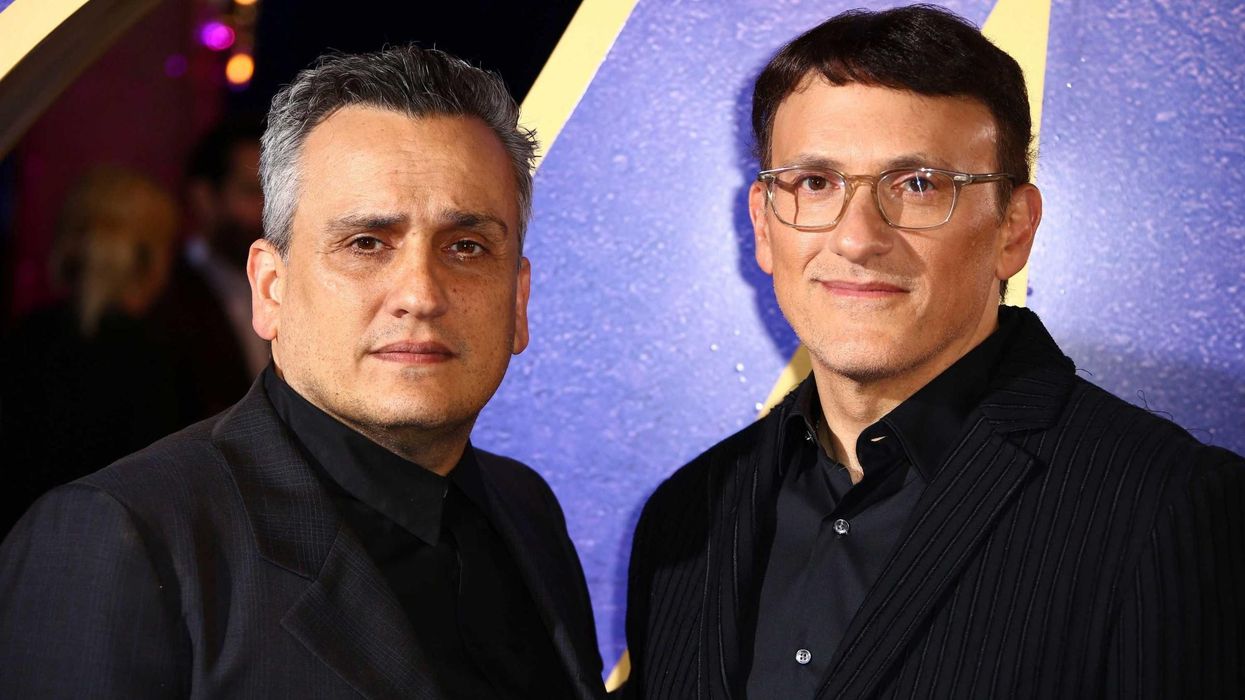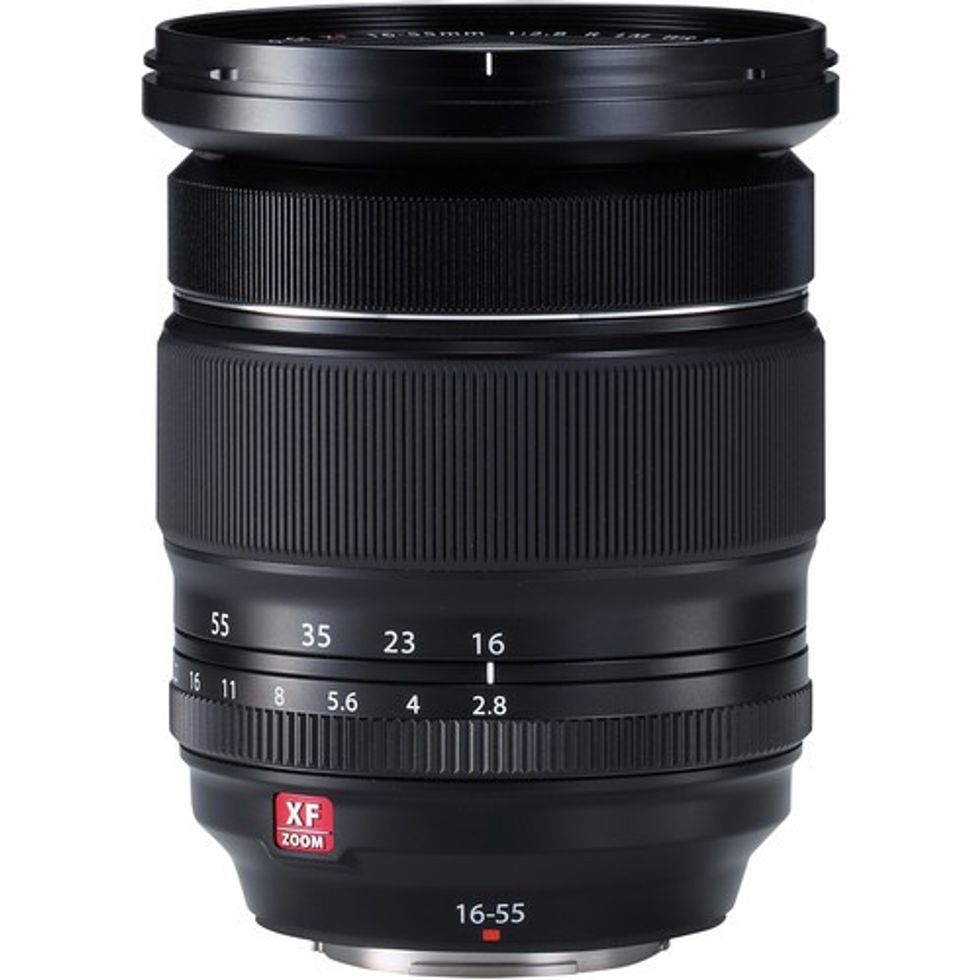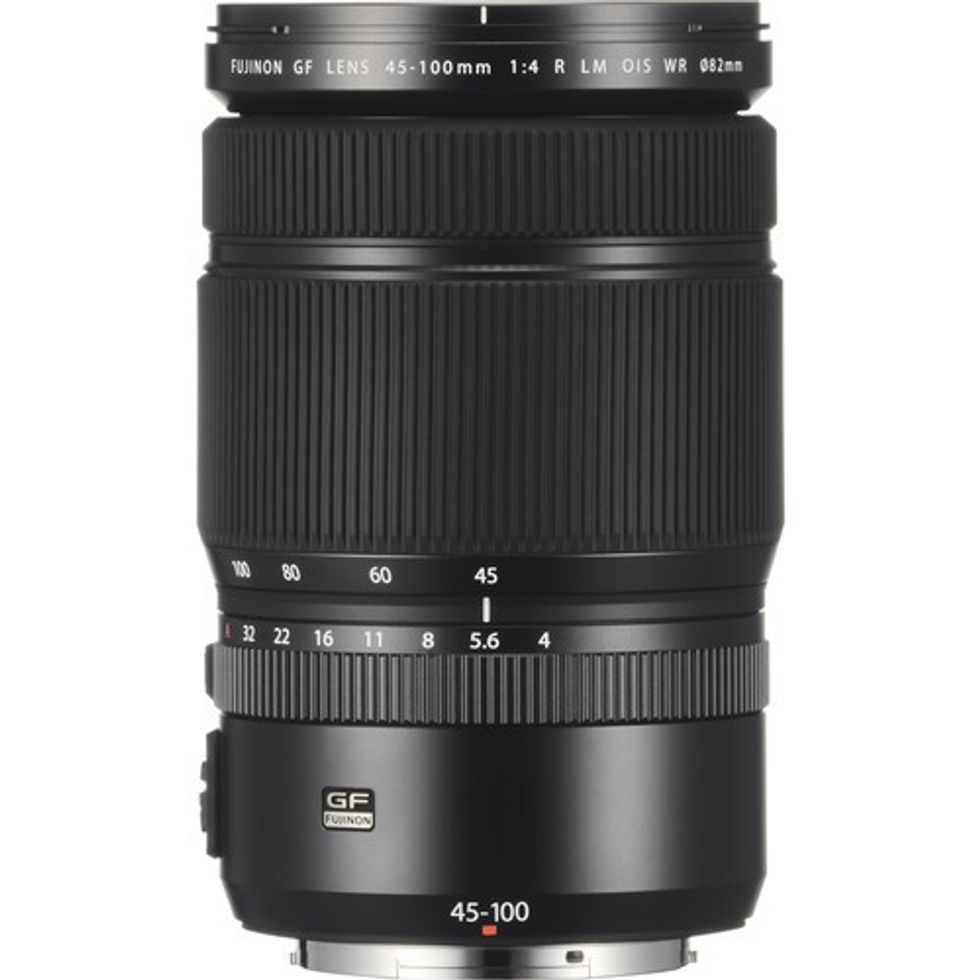The Russo Brothers Defend Marvel From Scorsese (Again)
Much like Thanos, the urge to comment on "Are Comic Book Films Cinema?" just won't die. Here's the latest update from the directors of Avengers: Endgame.

Over the last few weeks, everyone in Hollywood has gotten in on the Scorsese versus Marvel debate.
The only truisms that have come out of it are that Martin Scorsese is a defender of cinema and an emissary of the arts all over the globe, as well as that Marvel is a giant conglomerate making some of the best event movies in the history of cinema.
The cinema debate rages onward. I have talked about my stances on this site. I think that Scorsese is wrong and that these movies are some of the best American pop are being produced in the modern era, but I also respect Scorsese's opinion that they may be killing the art around them -- which is depressing but true.
In my opinion, our cinematic art is evolving. But you didn't come here for my opinion.
The Russo brothers, the directors behind many of Marvel's crowning achievements, were asked about Scorsese. Let's look at what they had to say.
The Avengers: Endgame Directors Defend Marvel From Scorsese (Again)
In a recent interview with The Daily Beast, the Russo brothers shared their opinions on the medium and the debate:
“We choose to define cinema as a film that binds people together and creates a sense of community around the narrative,” said Joe Russo. He continued “Very few movies in history have been able to bring audiences around the world together and have an emotional experience in a movie theater. We were in those theaters when that movie premiered and heard at every screening the cheers and the audible sighs and the cries of anguish and the cries of surprise. It’s very rare that that happens with several hundred people together in a theater. In a lot of ways it felt historic. But, you know, ultimately it’s tough to have any kind of dialogue about this because the perception is that, I don’t think Scorsese’s actually seen the films... So it’s hard to have an intellectual conversation with someone who hasn’t seen the movies.”
His brother, Anthony, agreed.
“It seems almost absurd to dialogue about it with somebody who’s so ill-informed. And then secondly, it’s like, look, the second you try to put art inside a box, I mean, it’s going to turn on you.”
“And defy you,” said Joe, reentering the conversation.
Joe finished their statement on the matter this way:
“It seems anathema to the very nature of art to try to define it. But at the end of the day, what do we know? We’re just two guys from Cleveland, Ohio. I think ‘cinema’ is a New York word. In Cleveland, we just call them ‘movies.’”
What can we learn from these statements?
I have always valued the idea of going to the theater. It felt like the place I belong. In Los Angeles, I go on Sunday mornings. I call it "Murch," as in the movie church. Yeah, I'm creative.
I think at the end of the day, it boils down to this: You have to be willing to see the thing you want to criticize.
While Scorsese's points about the crumbling of studios taking chances is spot on and scary, I think stripping these movies of the title of "cinema" is harsh and ill-informed. It reminds me of the art world pushing away Andy Warhol, only to embrace him later.
One thing few people are talking about is the class difference of "movies" versus "cinema." Scorsese came up at a time before blockbusters. When cinema was being formed. The Russos grew up with event films and embraced that truism.
When Scorsese came of age, he was able to define his own dream of cinema with the works that came before him. That meant chasing a form of cinema that he was used to, like The Red Shoes, Casablanca, The Seven Samurai, and other classics.
Things changed when the Russos came of age and realized a dream. They grew up on blockbuster movies. The Spielbergian fare that defined the age of wonderment and lines around the block.
It's possible for each to be right about their pursuits, without attacking one another. But I think we need to recognize both were reared on different things and different perspectives on why they wanted to participate in filmmaking at all.
If you make something true and something you want to see then it doesn't matter if you're making cinema or making movies.
You're making something that matters.
That's art. And no one can take that away from you.














